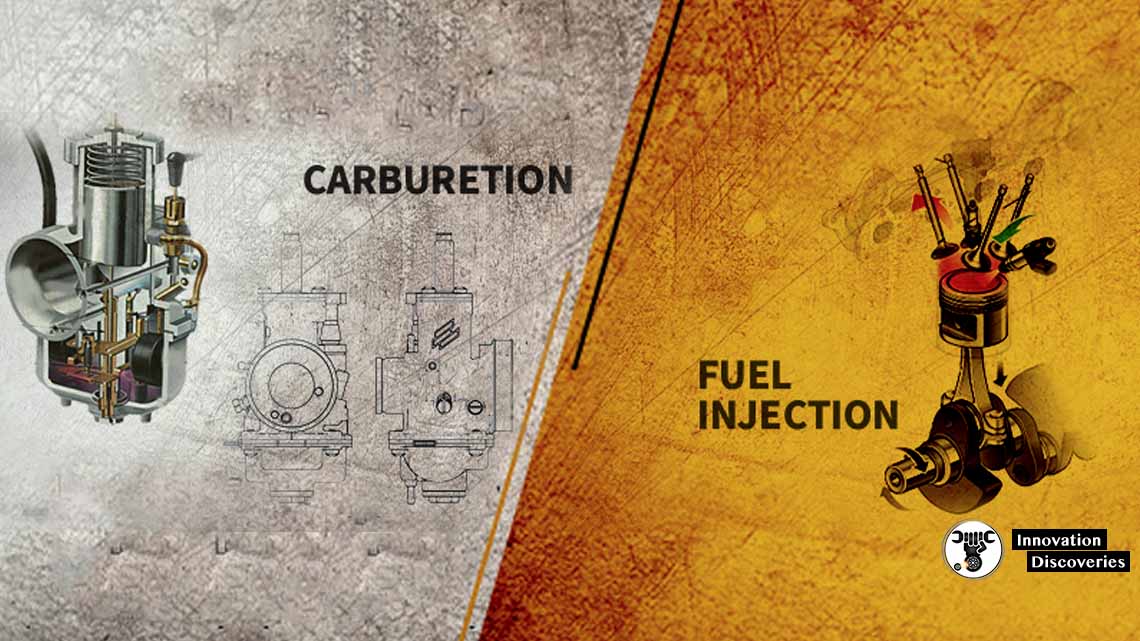
(A carburetor (American English) or carburettor (British English))
The debate between carburetors and fuel injection systems has been ongoing for decades. Both are integral components of an internal combustion engine, responsible for delivering the right amount of fuel to achieve optimal performance.
In this article, we will delve into the intricacies of carburetors and fuel injection systems, examining their merits and demerits in various aspects, such as power and performance, emissions and fuel economy, and maintenance costs. By the end, you will have a clearer understanding of which option reigns supreme.
Carburetor vs Fuel Injection: What Are They?
Carburetor:
A carburetor is a mechanical device used in internal combustion engines to mix air and fuel in the correct proportions before delivering it to the engine’s combustion chamber. It functions based on the principle of suction or venturi effect. As the engine draws in air, it passes through a narrowing section in the carburetor called the venturi. This creates a vacuum, which pulls fuel from the carburetor’s fuel bowl through a jet and mixes it with the incoming air. The resulting mixture is then delivered to the engine cylinders for combustion.
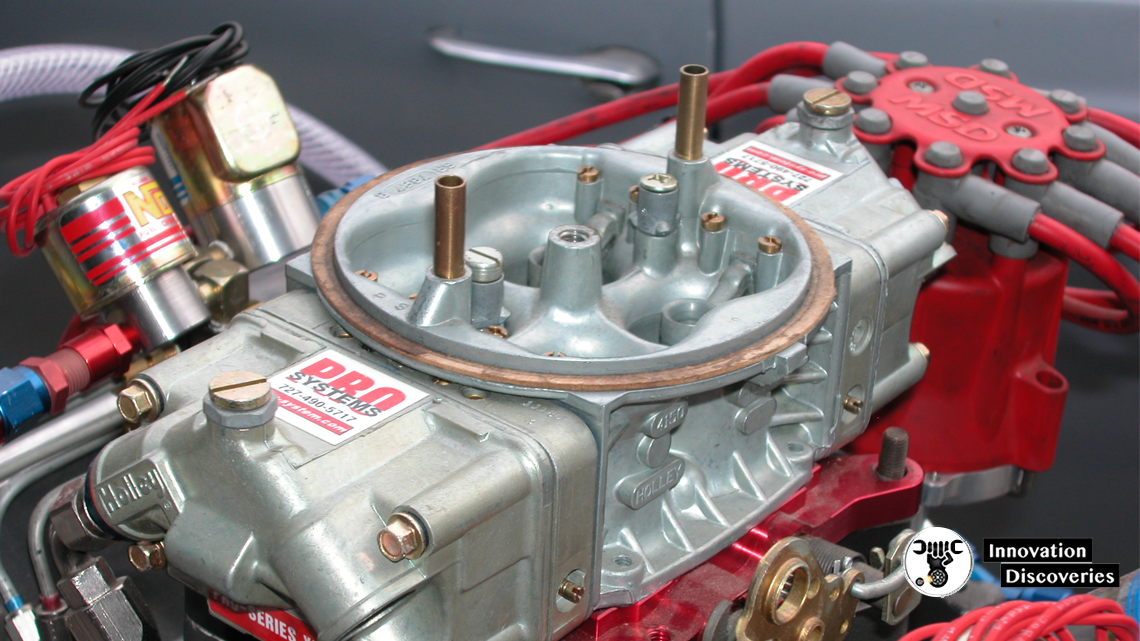
Fuel Injection:
Fuel injection is a more modern and electronically controlled method of delivering fuel to the engine. It utilizes sensors to measure various parameters such as engine load, air intake temperature, and throttle position. Based on these inputs, the fuel injection system calculates the precise amount of fuel required and injects it directly into the engine cylinders. The fuel is atomized into fine particles, ensuring efficient combustion. Fuel injection systems can be either port fuel injection (PFI), where fuel is injected into the intake ports, or direct fuel injection (DI), where fuel is injected directly into the combustion chamber.
Differences between Carburetors and Fuel Injection:
- Control: Carburetors are mechanically controlled devices that rely on the engine’s suction and mechanical linkages. Fuel injection systems, on the other hand, are electronically controlled and use sensors, actuators, and an engine control unit (ECU) to precisely control the fuel delivery process.
- Fuel Metering: Carburetors rely on fixed jets and venturi size to determine the fuel-air mixture. Fuel injection systems can adjust the fuel delivery in real-time based on various engine parameters, resulting in more accurate and efficient fuel metering.
- Precision: Fuel injection systems offer more precise control over the air-fuel mixture. They can adapt to changing conditions, delivering the optimal amount of fuel for varying engine loads and speeds. Carburetors, while simpler, are less precise and may not provide the same level of control and efficiency.
- Emissions: Fuel injection systems are generally more effective in controlling emissions due to their precise fuel delivery. They can provide a leaner air-fuel mixture during light load conditions, reducing emissions of pollutants such as nitrogen oxides (NOx) and hydrocarbons (HC).
- Performance: Fuel injection systems can enhance engine performance by providing better fuel atomization and improved combustion efficiency. They can optimize the air-fuel mixture for different operating conditions, resulting in increased power, torque, and overall performance compared to carburetors.
- Maintenance: Carburetors require periodic cleaning, adjustment, and rebuilding to maintain optimal performance. They are more prone to issues such as clogging and require regular maintenance. Fuel injection systems, while more complex, generally require less maintenance. However, if a fuel injector or related component fails, repairs can be more expensive.
Also, read – FIRING ORDER: ITS PURPOSE AND ORDER IN DIFFERENT NUMBERS OF CYLINDERS
Carburetor vs Fuel Injection: The Merits and Demerits
Carburetor:
Merits:
- Simplicity: Carburetors are relatively simple mechanical devices that have been used in engines for many years. They have fewer components compared to fuel injection systems, making them easier to understand and work on for DIY enthusiasts and mechanics.
- Faster Throttle Response: Carburetors can provide a quicker throttle response due to their mechanical nature. When the accelerator pedal is pressed, the fuel delivery is almost instant, leading to a more immediate engine response.
Demerits:
- Fuel Efficiency: Carburetors are generally less efficient than fuel injection systems in terms of fuel consumption. They may deliver a less precise air-fuel mixture, resulting in lower fuel economy.
- Emissions: Carbureted engines tend to produce higher emissions, particularly in older models. They may struggle to meet stricter emission standards compared to fuel injection systems.
Fuel Injection:
Merits:
- Precise Fuel Delivery: Fuel injection systems offer precise control over the fuel delivery process. They can adjust the fuel-air mixture based on various engine parameters, resulting in optimal combustion efficiency and improved performance.
- Power and Performance: Fuel injection systems can enhance power and performance by delivering the right amount of fuel at the right time. They can optimize the air-fuel mixture for different operating conditions, resulting in increased power, torque, and overall engine performance.
Demerits:
- Complexity: Fuel injection systems are more complex than carburetors. They require electronic components, sensors, and an engine control unit (ECU) to function properly. This complexity can make troubleshooting and repairs more challenging and may require specialized equipment and expertise.
- Maintenance and Cost: While fuel injection systems generally require less maintenance than carburetors, if a component such as a fuel injector or sensor fails, repairs can be more expensive. The electronic nature of fuel injection systems can also lead to higher costs for diagnostics and repairs.
Carburetors have the advantages of simplicity and faster throttle response, but they may lack in terms of fuel efficiency and emissions control. Fuel injection systems offer precise fuel delivery, improved power and performance, and better emissions control. However, they are more complex, require specialized maintenance and repairs, and can be more expensive.
The choice between carburetor and fuel injection ultimately depends on factors such as the specific application, desired performance, and budget constraints. In modern vehicles, fuel injection systems are more commonly used due to their overall benefits and ability to meet stricter emission regulations.
Power and Performance
Carburetors have a simplicity advantage, as they are mechanically controlled and generally have a faster throttle response. However, fuel injection systems offer more precise fuel delivery, resulting in improved power, torque, and overall engine performance. They can adapt to varying driving conditions, ensuring an optimal air-fuel mixture for every situation.
SEE MORE:
Emissions and Fuel Economy
Fuel injection systems excel in emissions control, thanks to their ability to precisely meter fuel. They can provide a leaner air-fuel mixture during light load conditions, leading to lower emissions. In terms of fuel economy, fuel injection systems are typically more efficient due to their precise fuel delivery, resulting in improved mileage compared to carburetors.
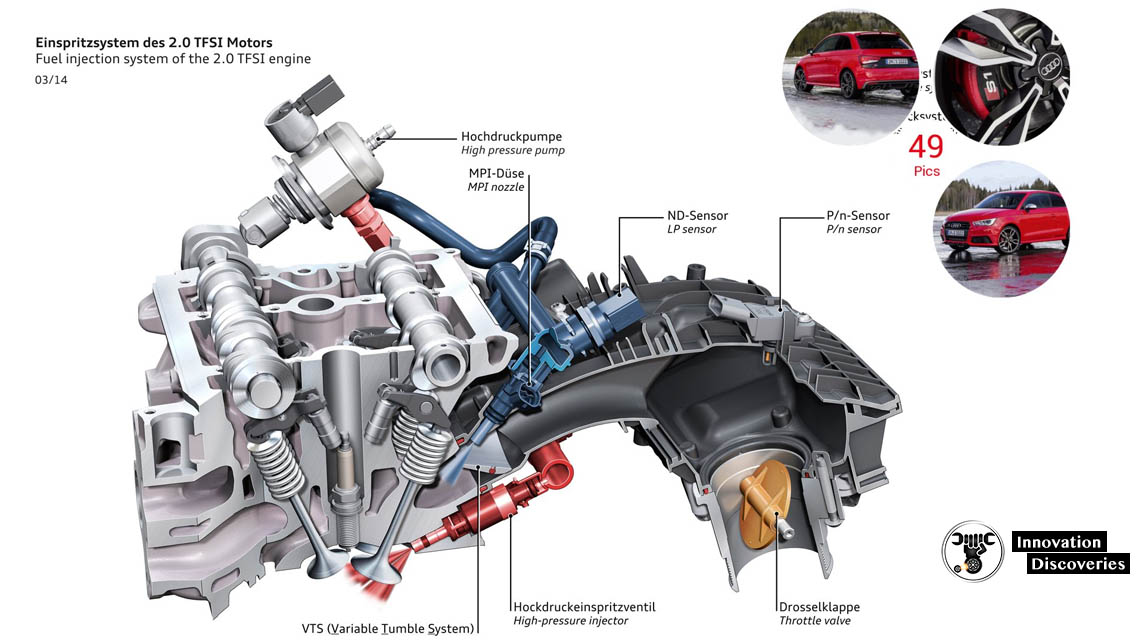
Maintenance Costs
Carburetors require regular maintenance, including cleaning and adjustment, to ensure optimal performance. They are prone to issues such as clogging and require periodic rebuilding. Fuel injection systems, while more complex, generally require less maintenance. However, if a fuel injector or related component fails, repairs can be more expensive.
Carburettor vs Fuel Injection: Which One Is Better?
Considering the aforementioned aspects, it becomes evident that fuel injection systems have several advantages over carburetors. While carburetors may offer simplicity and a faster throttle response, fuel injection systems provide superior power, performance, emissions control, fuel economy, and require less overall maintenance. Modern vehicles overwhelmingly employ fuel injection systems due to these advantages.
Conclusion:
In the Carburetor vs Fuel Injection debate, it is clear that fuel injection systems are the better option. With their ability to precisely deliver fuel, they offer improved power, performance, emissions control, and fuel economy. While carburetors may have their merits in terms of simplicity and faster throttle response, the overall advantages of fuel injection systems make them the preferred choice in modern vehicles. As technology continues to advance, fuel injection systems are likely to become even more refined, solidifying their place as the superior option in the automotive industry.
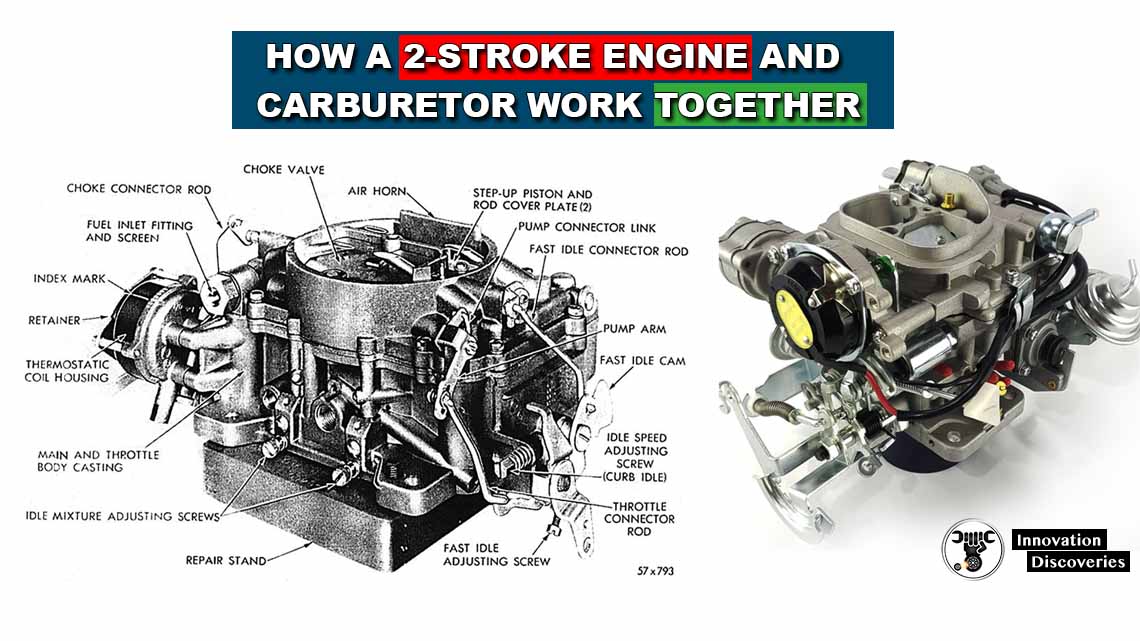
Discover More:
Visit Forum
Visit Our Friendly Website


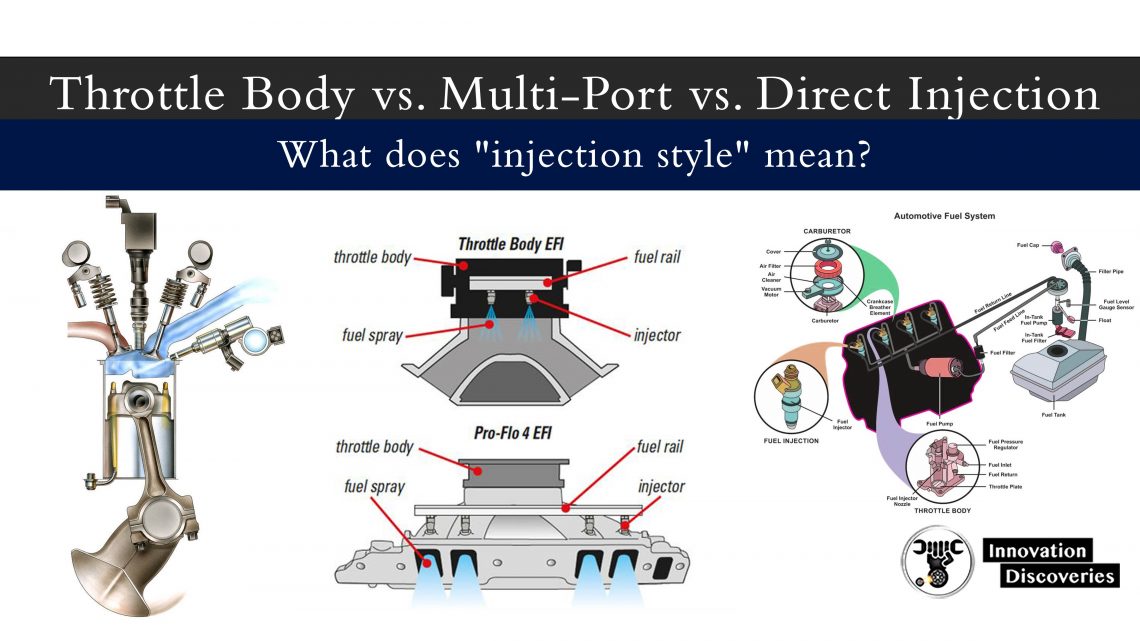
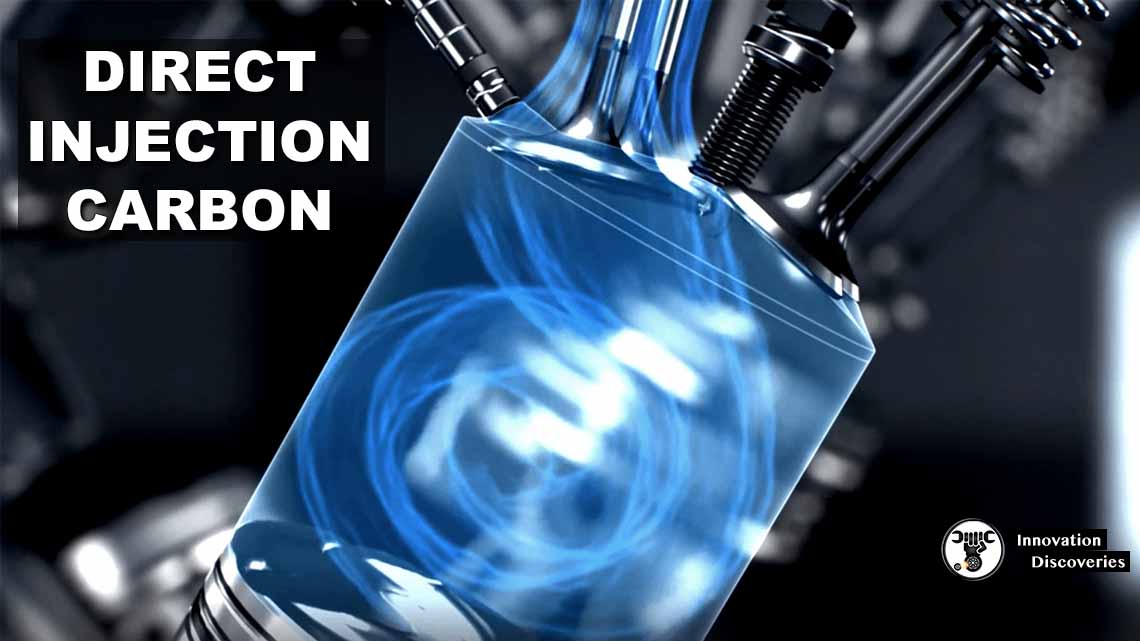
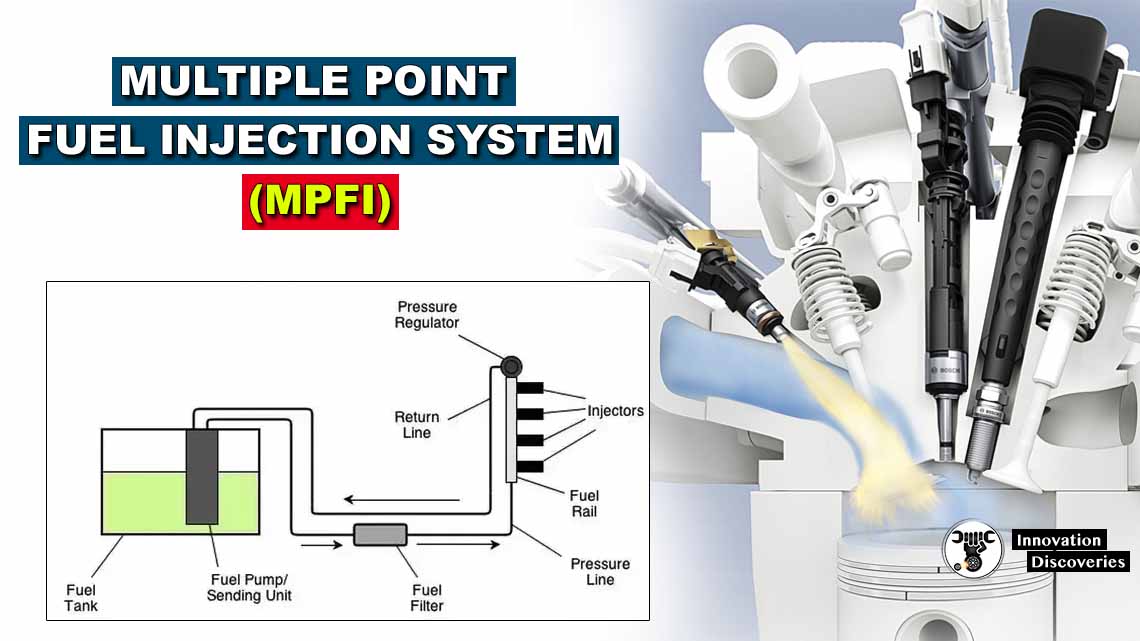
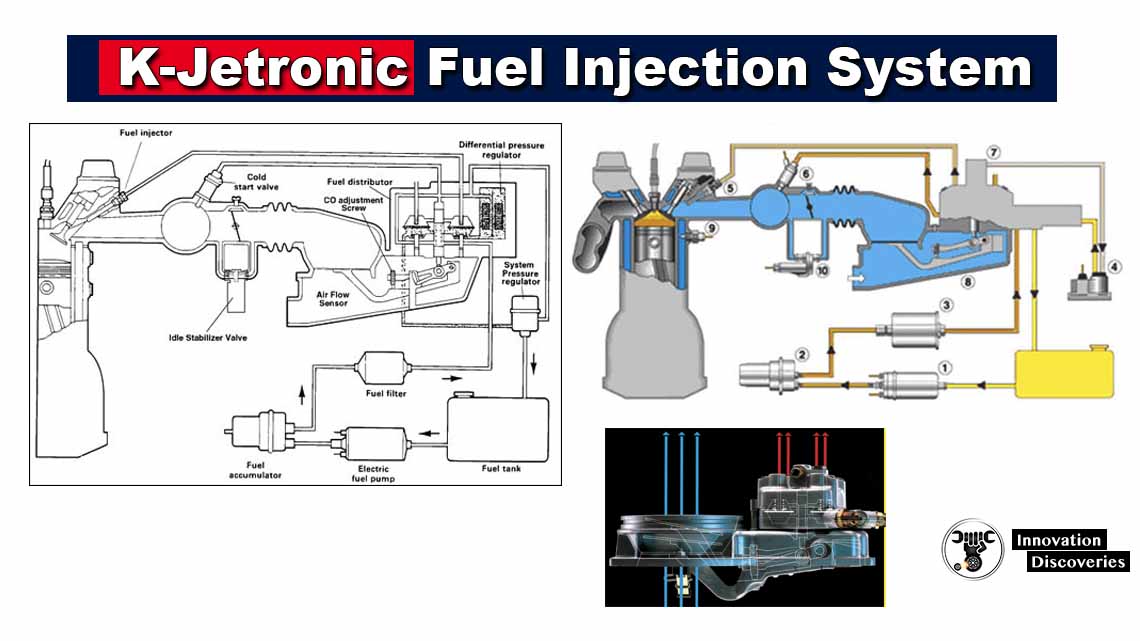
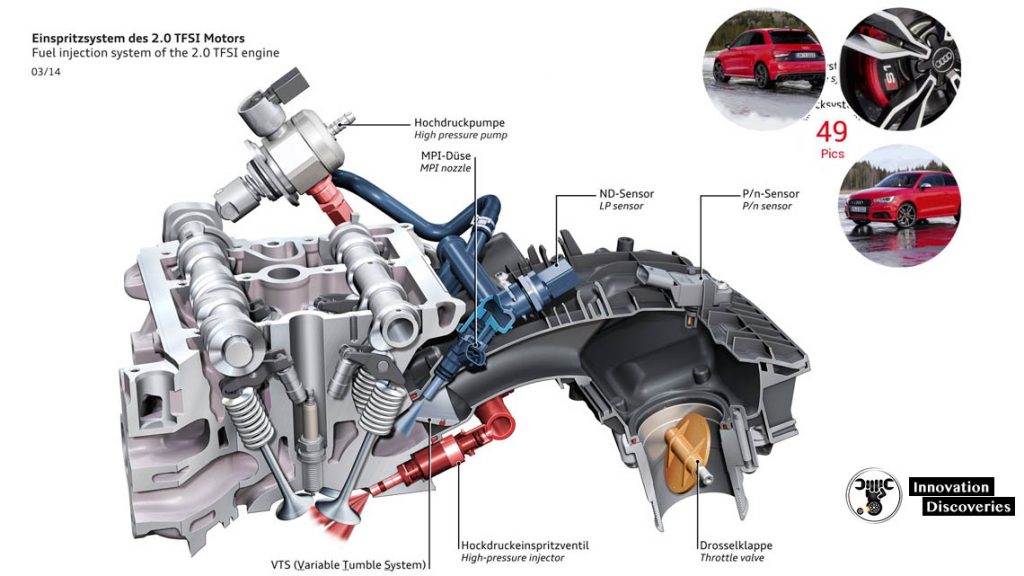


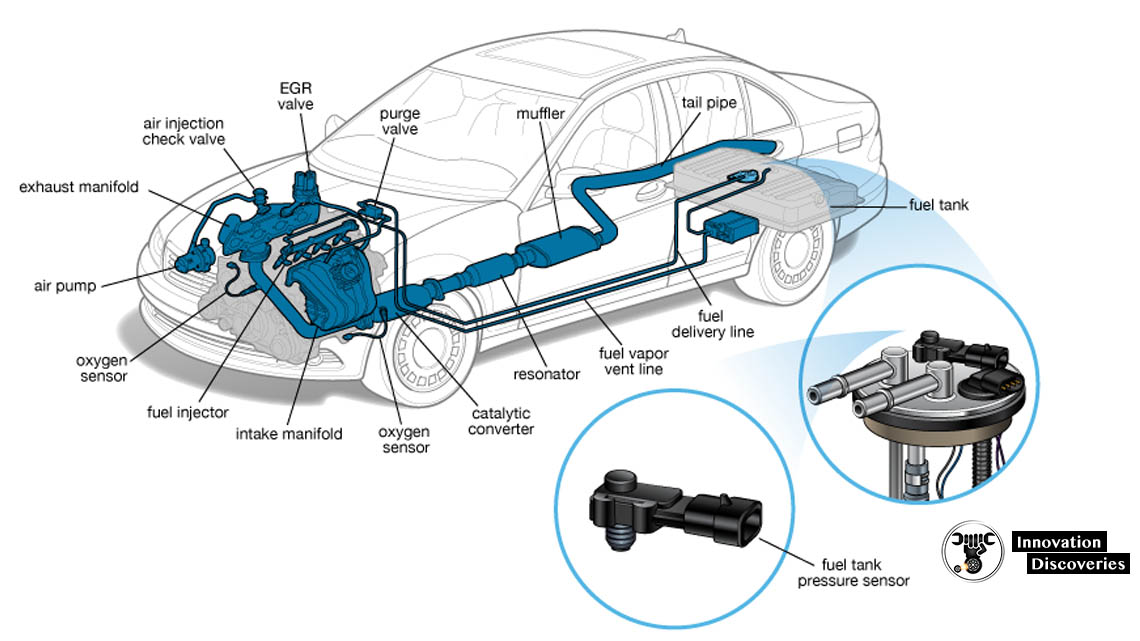
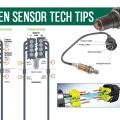
9 Comments